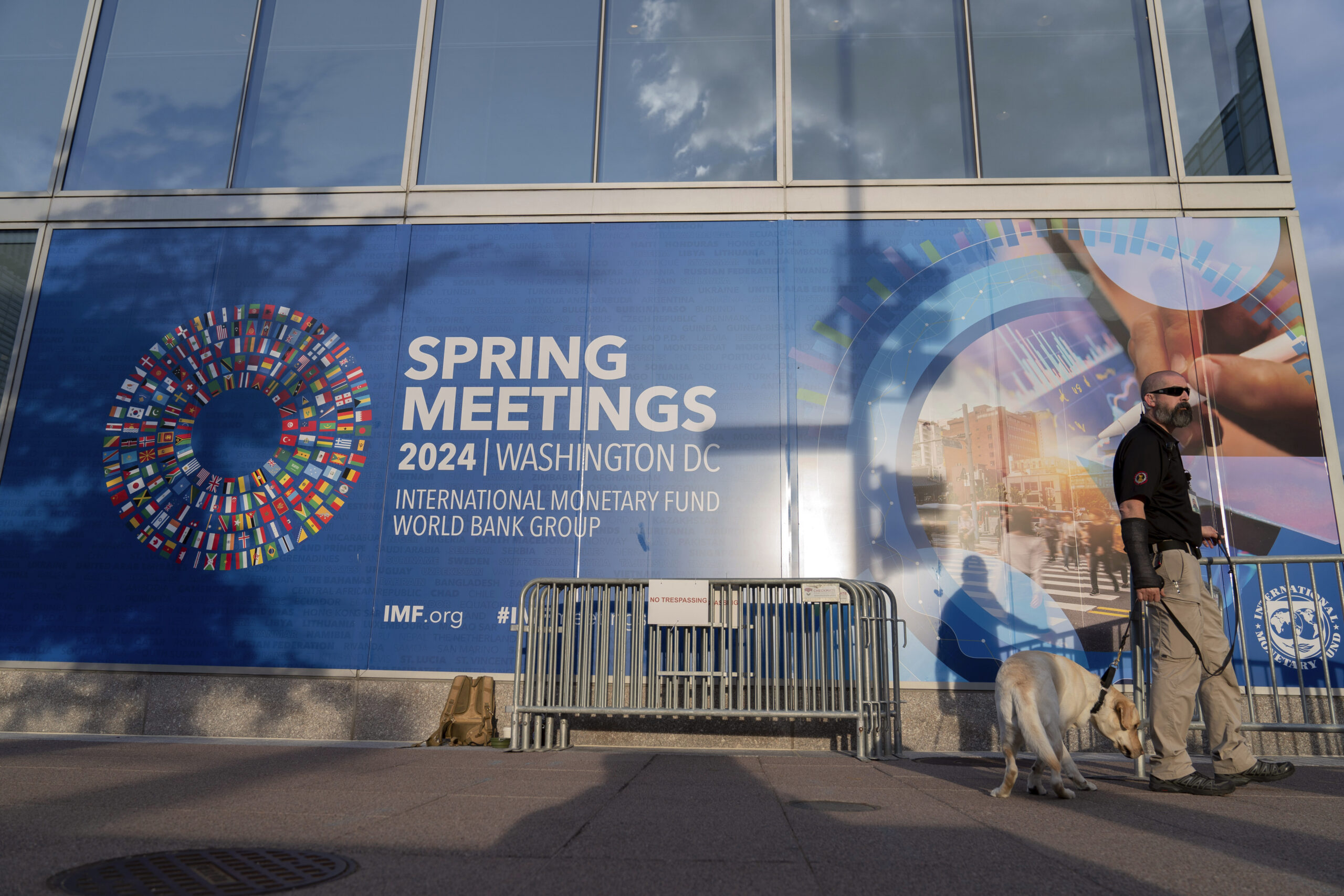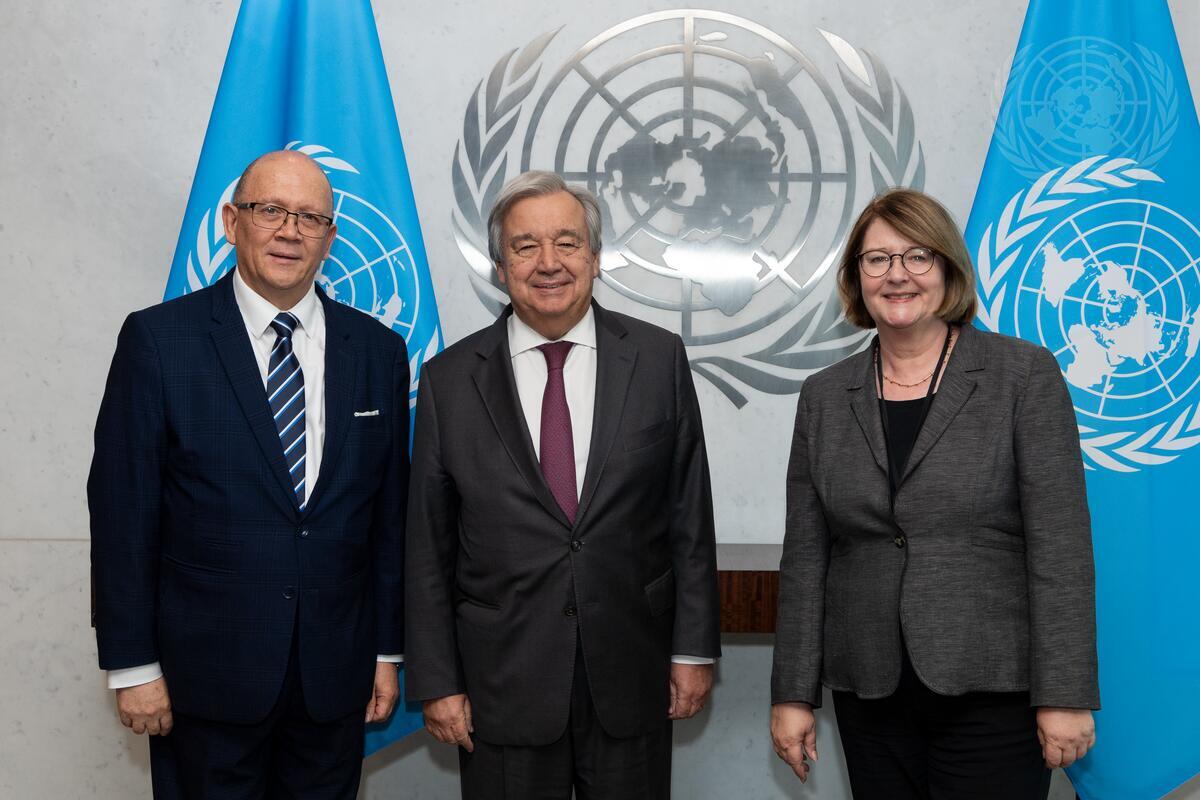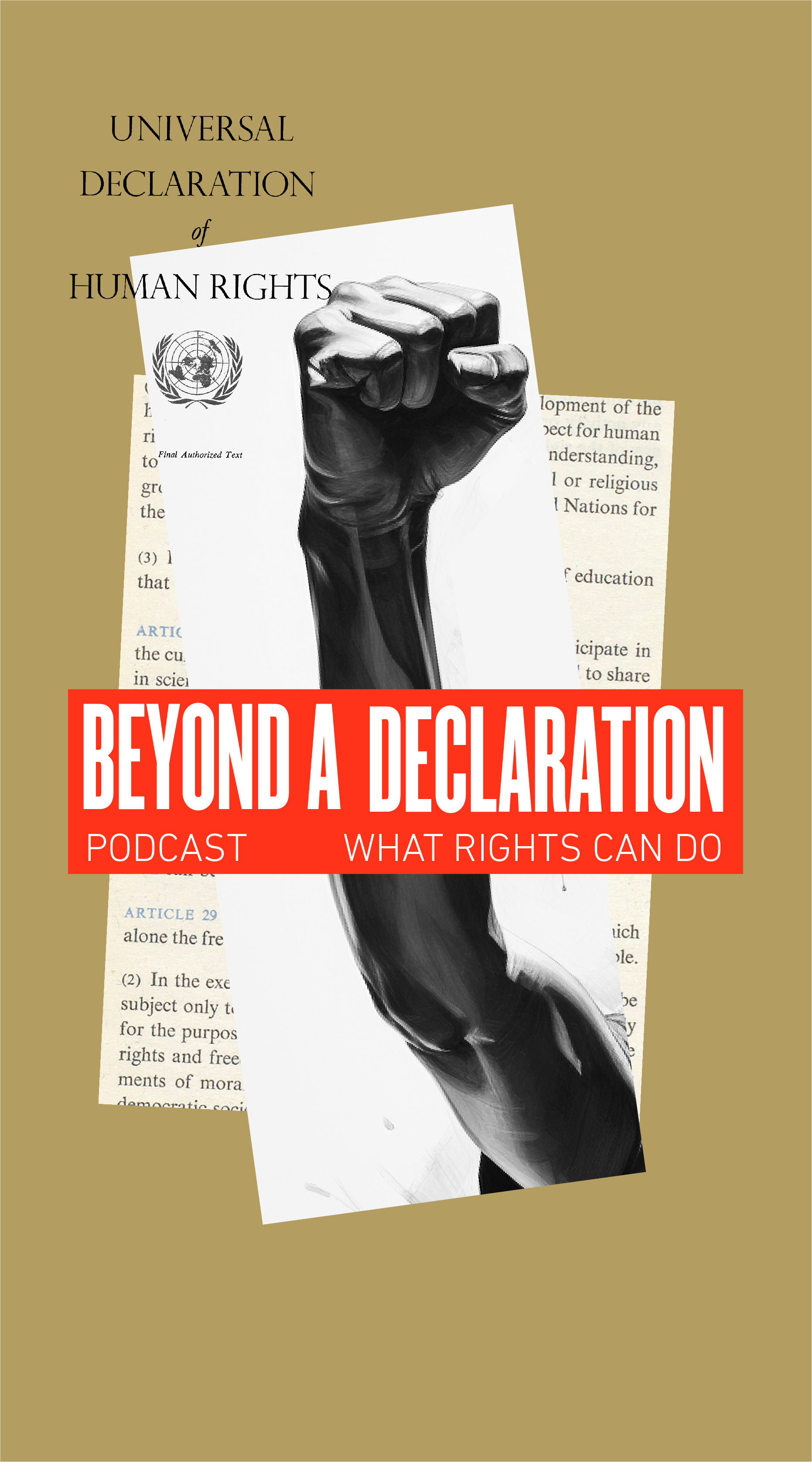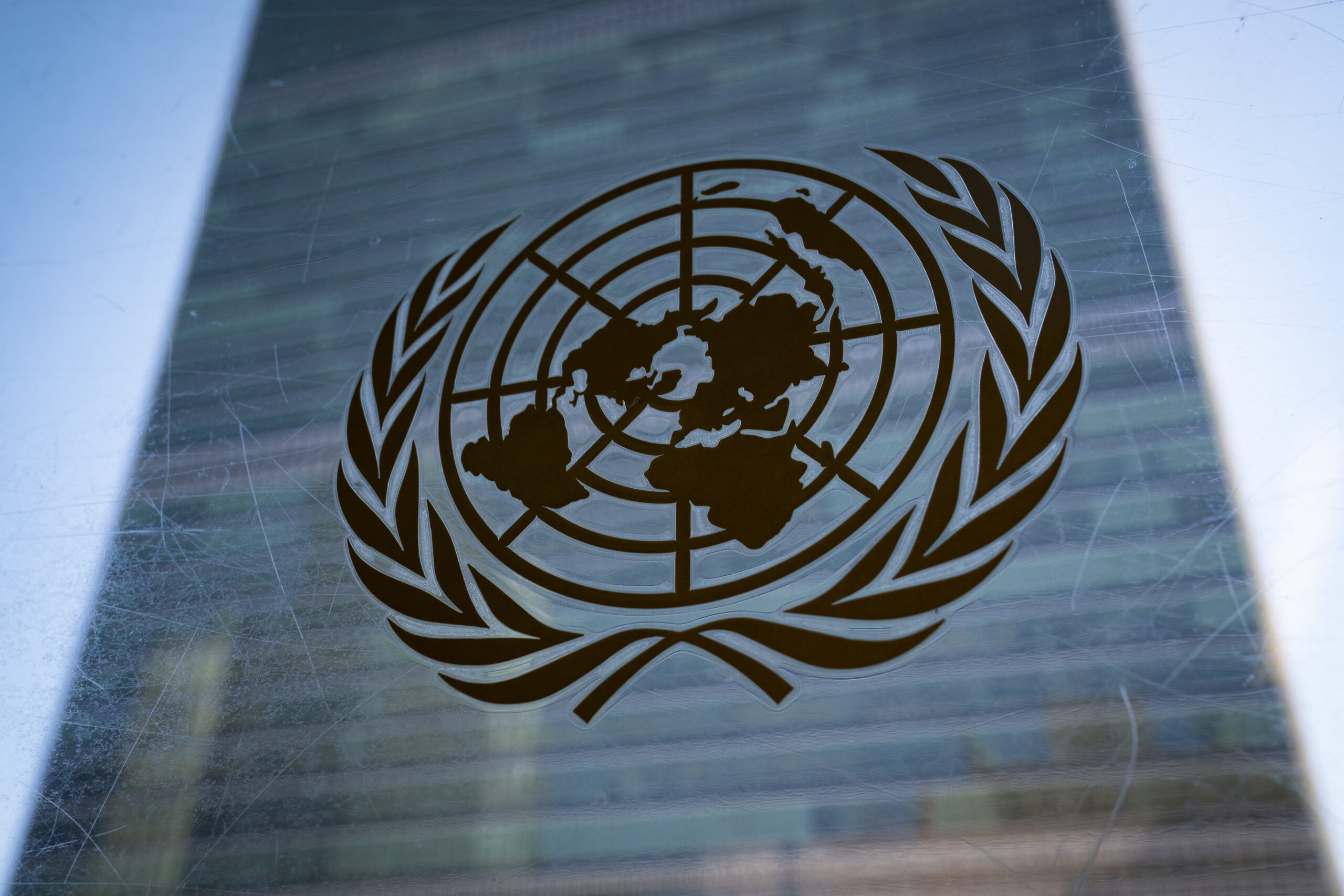For photos from this event, go to our Flickr page.
As the current crisis between the United States and North Korea demonstrates, tensions between nuclear powers are on the rise, and new global risks are posed by the possibility of cyber-attacks and terrorist groups targeting nuclear facilities. While most people would agree that they are a threat to every civilian, atomic weapons are the only weapons of mass destruction that have not yet been prohibited by law.
A majority of governments and peoples are immensely frustrated by the lack of progress in nuclear disarmament. The 1970 Treaty on the Non-Proliferation of Nuclear Weapons (NPT) has seen virtually no progress in its implementation, having less and less success in restraining the reckless behavior of nations, especially of nuclear weapon states parties. As these nations move away from their obligations under the treaty, other countries with nuclear arsenals outside the NPT regime—such as India and Pakistan —have been integrated into the international community as legitimate nuclear powers, further weakening the treaty.
In this context, an international instrument to ban nuclear weapons becomes more urgent than ever. That is why this spring, government representatives, representatives of civil society organizations, experts, and survivors of atomic disasters gathered for the first session of the UN Conference to Negotiate a Legally Binding Instrument to prohibit Nuclear weapons, leading towards their total Elimination. Over 130 countries and more than 220 NGOs joined the negotiations.
The main goal of the ban treaty is to establish a clear legal standard rejecting atomic weapons on humanitarian and environmental grounds while reaffirming already existing international law. It does not ensure the elimination of these weapons but sets new grounds to work toward that goal.
The first session of negotiations in March 2017 marked a decisive turning point for multilateral nuclear disarmament efforts, with non-nuclear countries and civil society partnering to build momentum toward formalizing the refusal of these weapons on the basis of universally recognized principles of international law and human rights. From late June to early July, international leaders will meet again in New York City for the second round of negotiations. Despite the fact that it is unrealistic that the United States and other nuclear powers will join the treaty, there is actually a good chance that it will be signed this summer. In the light of the threats that these weapons are posing to the very survival of humankind and our environment, the hope for its adoption is truly encouraging.
RLS–NYC is partnering again with the International Peace Bureau (IPB), the American Friends Service Committee (AFSC), the International Association of Lawyers against Nuclear Arms (IALANA), and others for a series of side events with international speakers.
June 20 | 1:15-2:30pm | UN Conference Room B
Parliamentarians Actions to Prohibit Nuclear Weapons
Sponsors: IPB (International/Germany), PAX (International/Netherlands), Acronym Institute for Disarmament Research (UK), CND (UK), RLS–NYC
Roundtable discussion about democratic strategies to take forward and implement the nuclear ban in nuclear-armed and umbrella states with the participation of Parliamentarians Jan van Aken (MdB – Die Linke, Germany), Caroline Lucas (MP – Green Party, UK), Krista van Velzen (former MP, Netherlands), and Sadet Karabulut (MP – Socialist Party, Netherlands).
June 22 | 10:00am-1:00pm | UN Conference Room B
Lessons from the Chemical and Biological Weapons Conventions
Sponsors: IPB (International/Germany), IALANA (International/US), RLS–NYC
Speakers: Jan Van Aken (MdB – DIE LINKE, Germany) and John Burroughs (IALANA, US).
Moderation: Arielle Denis (IPB, France).
June 28 | 1:15-2:30 | UN Conference Room B
Content of the Ban Treaty: Overcoming Controversies
Sponsors: IPB, IALANA, RLS–NYC
How to find common ground on the content of the treaty and how civil society and peace movements can contribute.
Speakers: Sergio Duarte (Brazil), Elizabeth Minor (UK), Arielle Denis (IPB, France), and Daniel Högsta (ICAN, Sweden).
Moderation: Lucas Wirl (IALANA, Germany).
July 5 | 1:15-2:30 | UN Conference Room B
Implementation and Impact of the Ban Treaty
Sponsor: IPB, IALANA, RLS–NYC
How can civil society and peace movements contribute to a successful implementation process and get countries to become part of the ban treaty?
Speakers: Lukas Wirl (IALANA, Germany), Kevin Martin (Peace Action, US), Linnet Ngayu (African Council Religious Leaders, Kenya), Susi Snyder (PAX, the Netherlands).
Moderation: Joseph Gerson, AFSC-US (USA).



